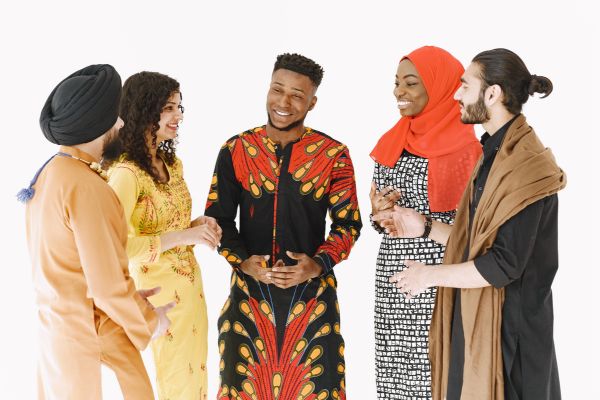Deadline: 15-Jan-24
The Public Diplomacy Section (PD) of the Embassy of the United States of America in South Africa encourages interested non-profit organizations, public international organizations, and private, public, or state institutions of higher education in South Africa and the United States to pursue the U.S. Ambassador’s Fund for Cultural Preservation (AFCP) 2024.
The AFCP is managed by U.S. diplomatic missions around the world in collaboration with the Cultural Heritage Center in the Bureau of Educational and Cultural Affairs (ECA) of the U.S. Department of State. The AFCP supports projects to preserve a wide range of cultural heritage, including historic buildings, archaeological sites, ethnographic objects, paintings, manuscripts, and indigenous languages and other forms of traditional cultural expression.
Options for Project Category and Focus Area
- Cultural Objects and Collections
- Archaeological Collections
- Ethnographic Objects
- General Museum Conservation
- Manuscripts
- Paintings and Sculpture
- Cultural Sites
- Archaeological Sites
- Historic Buildings and Sites
- Forms of Traditional Cultural Expression
- Craft
- Dance
- Drama
- Language
- Music
- Ceremony
- Traditional Knowledge
Funding Areas
- The AFCP Grants Program supports the preservation of archaeological sites, historic buildings and monuments, museum collections, and forms of traditional cultural expression, such as indigenous languages and crafts. Appropriate project activities may include:
- Anastylosis (reassembling a site from its original parts)
- Conservation (addressing damage or deterioration to an object or site)
- Consolidation (connecting or reconnecting elements of an object or site)
- Documentation (recording in analog or digital format the condition and salient features of an object, site, or tradition)
- Inventory (listing of objects, sites, or traditions by location, feature, age, or other unifying characteristic or state)
- Preventive Conservation (addressing conditions that threaten or damage a site, object, collection, or tradition)
- Restoration (replacing missing elements to recreate the original appearance of an object or site, usually appropriate only with fine arts, decorative arts, and historic buildings)
- Stabilization (reducing the physical disturbance of an object or site)
Funding Priorities
- In 2024, projects that do one or more of the following will be prioritized:
- Support disaster risk reduction for cultural heritage in disaster-prone areas or post-disaster cultural heritage recovery.
- Support conflict resolution and help communities bridge differences.
Funding Information
- Total expected funding: $30,000 to $1,500,000
- Award amounts: Awards may range from a minimum of $10,000 to a maximum of $500,000
- Length of performance period: 12 to 60 months
- Number of awards anticipated: Up to three
- Anticipated start date: September 30, 2024
- Program Performance Period: Proposed programs must be completed in 60 months or less.
Eligibility Criteria
- Eligible project implementers:
- Eligible project implementers are reputable and accountable non-commercial entities that can demonstrate they have the requisite capacity to manage projects to preserve cultural heritage. Eligible implementers may include foreign institutions of higher education, foreign public entities (governments), non-governmental organizations, non-profit museums, or similar institutions and organizations, including U.S.-based higher education institutions and organizations subject to Section 501(c)(3) of the tax code. The AFCP will not award grants to individuals, commercial entities, or past award recipients that have not fulfilled the objectives or reporting requirements of previous awards. Applicants are allowed to submit up to two applications per organization.
- Implementers must be registered and active in the U.S. government’s System for Award Management (SAM) to receive U.S. federal assistance.
For more information, visit U.S. Embassy & Consulates in South Africa.
